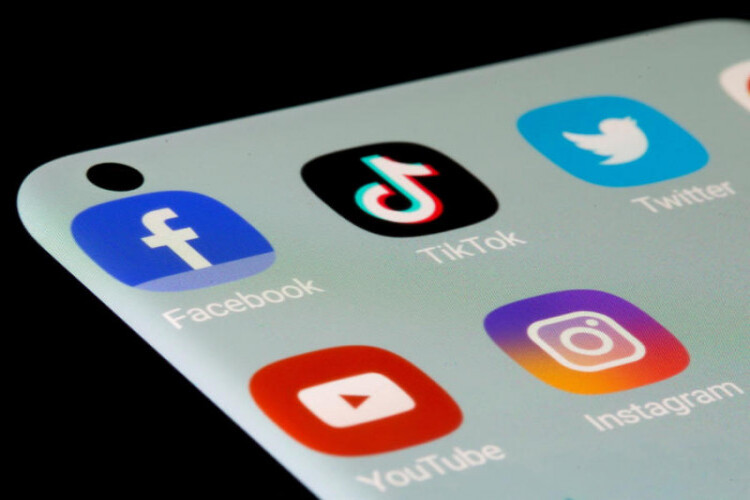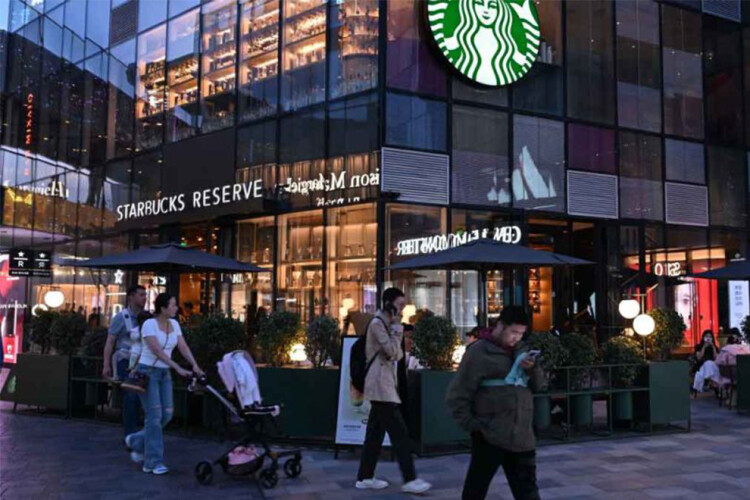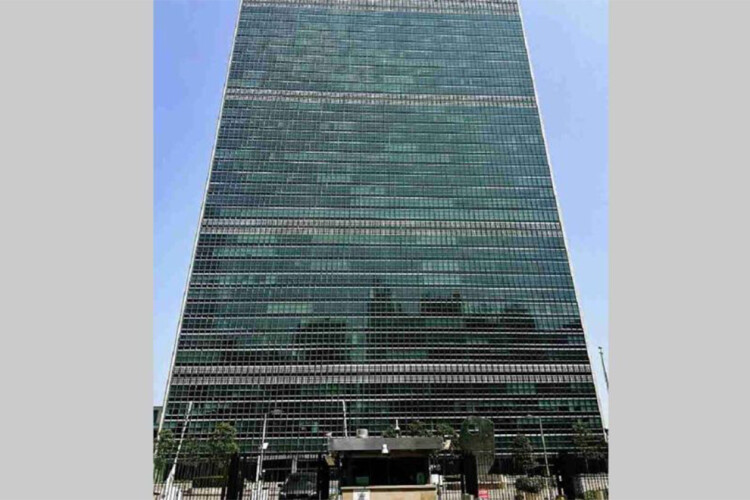
SYDNEY: Australia said on Tuesday it planned to introduce legislation this year to ban children from using social media platforms, citing the risks it could pose to physical and mental health.
Prime Minister Anthony Albanese said his centre-left government would begin an age verification trial over the next few months.
"I want to see kids off their devices and onto the footy fields and the swimming pools and the tennis courts. We want them to have real experiences with real people because we know that social media is causing social harm," Albanese told national broadcaster ABC News.
He did not specify the age limits for the ban but said he was "looking at the range between 14 and 16."
Albanese said he was concerned about the impacts of cyber bullying on the mental health of children and the easy exposure to content on social media that could harm them.
The move comes after Australia's eSafety regulator in July asked internet firms to come up with an enforceable code detailing how it will stop children seeing pornography and other inappropriate material, or face having a code imposed on the industry.
Several countries have been trying to restrict social media use by minors but legal challenges and technology, such as virtual private networks that disguise locations, have hampered efforts by governments.
"This is a global issue that governments around the globe are trying to deal with ... we know that it's not simple and it's not easy, otherwise governments would have responded before," Albanese said.
Prime Minister Anthony Albanese said his centre-left government would begin an age verification trial over the next few months.
"I want to see kids off their devices and onto the footy fields and the swimming pools and the tennis courts. We want them to have real experiences with real people because we know that social media is causing social harm," Albanese told national broadcaster ABC News.
He did not specify the age limits for the ban but said he was "looking at the range between 14 and 16."
Albanese said he was concerned about the impacts of cyber bullying on the mental health of children and the easy exposure to content on social media that could harm them.
The move comes after Australia's eSafety regulator in July asked internet firms to come up with an enforceable code detailing how it will stop children seeing pornography and other inappropriate material, or face having a code imposed on the industry.
Several countries have been trying to restrict social media use by minors but legal challenges and technology, such as virtual private networks that disguise locations, have hampered efforts by governments.
"This is a global issue that governments around the globe are trying to deal with ... we know that it's not simple and it's not easy, otherwise governments would have responded before," Albanese said.












